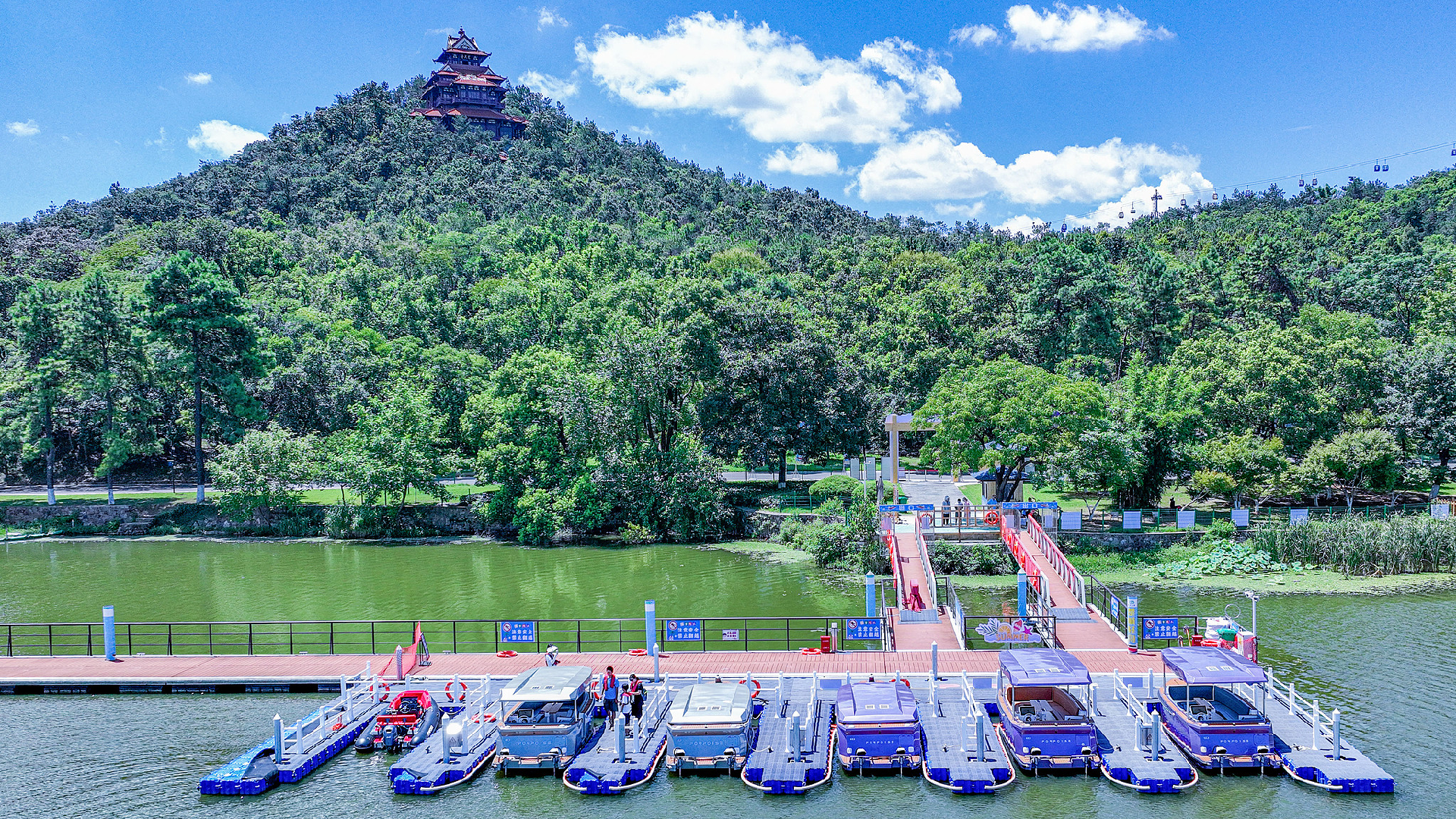Travel Smart: Chinese Tourists Embrace AI-Guided Adventures for a Smarter Journey
China's major tourism platforms and regional cities are leveraging AI technology to revolutionize travel experiences nationwide.

China's tourism industry is undergoing a dynamic transformation as leading platforms and local governments rapidly adopt artificial intelligence technologies to enhance the travel experience. On major tourism websites, travelers can now easily obtain tailor-made itineraries by entering simple requests—such as must-visit attractions in Shanghai for a three-day holiday, or a recommended route through Canada focused on natural landscapes. In most cases, AI-driven systems generate detailed, customized advice within minutes, dramatically streamlining the once time-consuming travel-planning process.
Liang Jianzhang, chairman of Trip.com Group, highlighted the significant leap forward enabled by large language models and real-time data integration. "Currently, 80 percent of inquiries can be swiftly resolved by AI, reducing users' decision-making time from approximately 9 to 6.6 hours," Liang stated. This efficiency has prompted industry experts to advise travelers to consult at least two different platforms to cross-check AI-generated recommendations and ensure well-informed travel choices.
Travelers are already noting the practical benefits of these AI tools. Sun Xiaolei, who spent 17 days self-driving through western Canada, gave AI-generated route suggestions a solid score, finding that 70 to 80 percent of the AI proposals matched his carefully researched itinerary. This overlap demonstrates just how advanced and relevant AI travel advisors have become in mirroring expert-level planning.
The integration of AI is not limited to corporate giants. Multiple provinces and cities—including Guizhou Province and Shanghai—have launched their own digital tourism agents with distinctive features. In Guizhou, a digital human named Huang Xiao Xi—dressed in traditional ethnic attire—provides personalized tour plans within seconds and can even help arrange local delicacy orders with a single click. Debuting at a major conference, Huang Xiao Xi stands as the centerpiece of Guizhou's ambitious AI tourism platform, offering end-to-end intelligent support across planning, meal ordering, and virtual guiding.
Shanghai has also introduced the "Hu Xiao You" service, which connects tourists in real time to an extensive network of information on business locations, scenic spot capacity, transportation options, and even public restroom locations. Zhong Xiaomin, director of the city's administration of culture and tourism, emphasized how AI now bridges the gap between official information and the personal experiences of visitors, stating that feedback will continue to improve the system's precision in meeting individual needs.
At the heart of this technological revolution is the rise of wearable smart guide devices, especially in museums and cultural venues. These gadgets allow visitors to enjoy private AI-powered tours, experiencing interactive storytelling at a fraction of previous costs. By deploying virtual reality, augmented reality, and 3D technologies, museums are enabling guests to "converse" with historical figures, "interact" with relics, and even watch ancient paintings come alive in dynamic scenes.
Gan Chunhui, executive vice president of the Shanghai Academy of Social Sciences, noted that such innovations have furnished the tourism sector with new productive forces, strengthening rather than replacing traditional industries. According to Gan, the key to revitalizing China's tourism lies in embracing informatization, automation, digitization, and networking, all fueled by advancements tailored to local conditions. As AI-driven solutions become more widespread, the sector is expected to achieve greater efficiency and creativity, making travel smarter and more accessible for millions.




